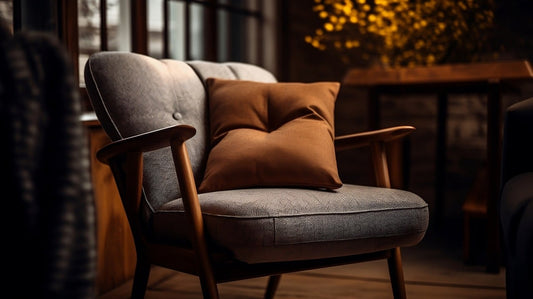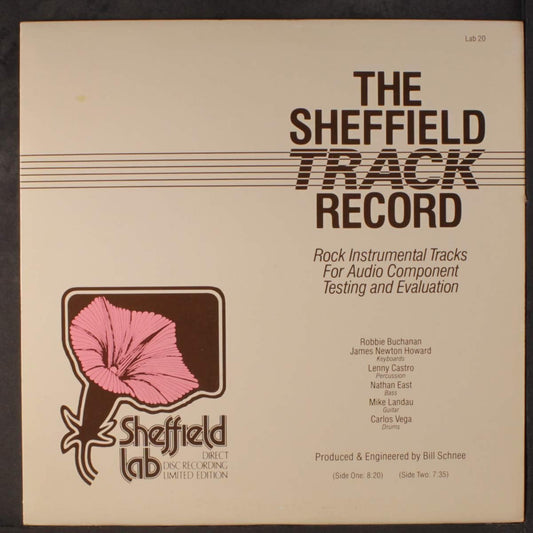CATV grounding can be a menace to audio systems and, as you point out, isolation transformers can be a problematic solution due to the losses involved.
A better solution is to use a capacitive isolator. All you need are a pair of 2.2nF capacitors - one in the signal line and one in the ground line. When terminated with a 75-ohm load, the isolator provides a low-loss signal path in the RF region while appearing very high-Z at the line frequency and the low-order harmonics likely to cause buzz. I've attached a schematic and a photo.
The F-connectors and capacitors can be housed in a small plastic project box, such as a Hammond 1591L, Digi-Key #HM100-ND. The capacitors should be film types with a rating of 250 VDC / 140 VAC, in countries where the line voltage is nominally 120 VAC. I used Epcos metallized polypropylene, Digi-Key #495-1279-ND. A 630 VDC / 400 VAC version is also available, Digi-Key #495-1318-ND.
Insert the isolator between the cable TV outlet in your A/V room and your CATV or DVR box. That way, your A/V system is also isolated from your cable modem. For those who can't build one themselves, Jensen Transformers offers an excellent capacitive isolator, VRD-1FF (www.jensen-transformers.com). It's actually the only product Jensen makes that isn't a transformer.
I suggest checking the AC voltage difference between your cable TV ground and power line ground before adding the isolator. It only takes a small difference in potential to cause hum in your audio system, but if the difference is more than a few volts, I suggest finding the root of the problem. A CATV isolator should not be used as a band-aid to cover up a potentially dangerous situation caused by improper or failed grounding of your CATV line or your house electrical system (I once saw a difference of 50 VAC due to a failed cable TV ground!). If in doubt, call a licensed electrician and/or your cable TV company. But, even with all grounding up to code, I always use a capacitive isolator in my CATV line.
Simple and effective. Just two capacitors, one in series with each of the two wires of the cable TV solves the problem without sacrificing performance of your TV.










